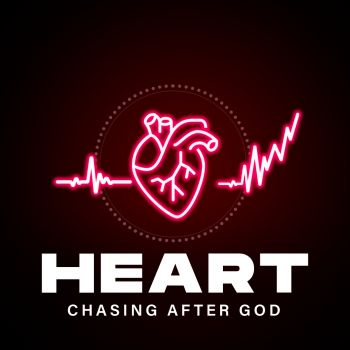Joan Didion said, "I write entirely to find out what I'm thinking, what I'm looking at, what I see and what it means" and Flannery O'Connor said something very similar: "I write because I don't know what I think until I read what I say." I'm not comparing myself to either of those great writers, but I recognize what they're saying because it is the same for me. And that actually speaks to my faith. I suppose once I wholly re-embraced my Catholicism there was nothing for me but to write and write about it, so I could begin to know what I was learning from it. It all works together, in a way, so now I realize I am in heavy debt to my parents. I should probably go weed their graves once the frost subsides.
What do you hope readers take away from your book?
I would be very happy if they came away from it thinking I wrote well enough to keep them engrossed, and that maybe they'd like to read my stuff again, sometime. What more could any writer really want?
You have almost 200 essays over at First Things; any thoughts of putting together another collection?
Well, this book has netted me something like $6, so it's almost an irresistible challenge to do it again. I find I've written a surprising number of pieces on the LGBTQ community and the church—both on the inexorable confrontation between them and the pastoral possibilities. That might be a pretty spicy collection to curate, both because it's topical and because, again, it shows an evolution and I hope a deepening of both sociological and theological understanding.
For more conversation on I Don't Want to Be a Hoo-er, visit the Patheos Book Club here.




